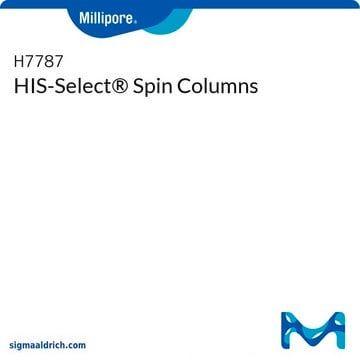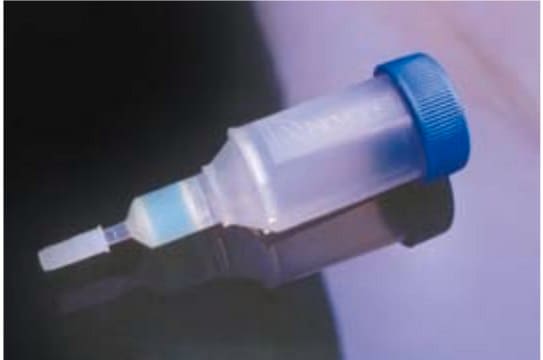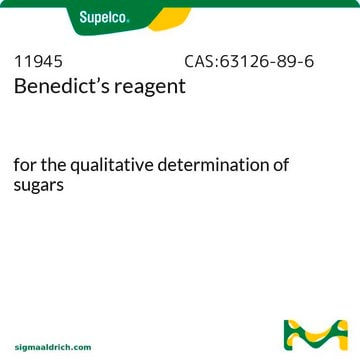L6146
Lugol solution
Synonym(s):
Iodine/Potassium iodide solution
Sign Into View Organizational & Contract Pricing
All Photos(1)
About This Item
UNSPSC Code:
12161900
NACRES:
NA.25
Recommended Products
Quality Level
General description
Lugol solution is comprised of aqueous potassium iodide plus iodine.
Application
Lugol solution has been used in a study to assess narrow-band imaging without image magnification for detecting high-grade dysplasia and intramucosal esophageal squamous cell carcinoma. It has also been used in a study to determine its benefit in aiding detection of the presence and spread of small squamous cell carcinomas of the esophagus.
Storage Class Code
12 - Non Combustible Liquids
WGK
WGK 2
Flash Point(F)
Not applicable
Flash Point(C)
Not applicable
Personal Protective Equipment
dust mask type N95 (US), Eyeshields, Gloves
Choose from one of the most recent versions:
Already Own This Product?
Find documentation for the products that you have recently purchased in the Document Library.
Customers Also Viewed
Michèle G DuVal et al.
PloS one, 9(2), e89183-e89183 (2014-03-04)
Mutation of Glass bottom boat, the Drosophila homologue of the bone morphogenetic protein or growth/differentiation factor (BMP/GDF) family of genes in vertebrates, has been shown to disrupt development of neuromuscular junctions (NMJ). Here we tested whether this same conclusion can
K Sugimachi et al.
Gastrointestinal endoscopy, 38(6), 657-661 (1992-11-01)
Small esophageal lesions, particularly intraepithelial cancers, are extremely difficult to detect. We used Lugol's iodine solution with panendoscopic examination to detect the presence and spread of small squamous cell carcinomas of the esophagus. Serial histologic specimens of the surgically removed
Erica L Clinkenbeard et al.
JCI insight, 4(4) (2019-03-05)
The phosphaturic hormone FGF23 is elevated in chronic kidney disease (CKD). The risk of premature death is substantially higher in the CKD patient population, with cardiovascular disease (CVD) as the leading mortality cause at all stages of CKD. Elevated FGF23
Karl Degenhardt et al.
Circulation. Cardiovascular imaging, 3(3), 314-322 (2010-03-02)
Microcomputed tomography (micro-CT) has been used extensively in research to generate high-resolution 3D images of calcified tissues in small animals nondestructively. It has been especially useful for the characterization of skeletal mutations but limited in its utility for the analysis
Lorenzo López-Rosales et al.
Toxins, 6(1), 229-253 (2014-01-08)
Benthic marine dioflagellate microalgae belonging to the genus Prorocentrum are a major source of okadaic acid (OA), OA analogues and polyketides. However, dinoflagellates produce these valuable toxins and bioactives in tiny quantities, and they grow slowly compared to other commercially
Our team of scientists has experience in all areas of research including Life Science, Material Science, Chemical Synthesis, Chromatography, Analytical and many others.
Contact Technical Service










